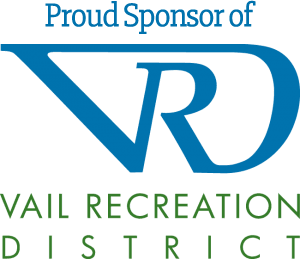There are two separate consequences of a DUI Charge:
- Criminal Procedure in the Court System
DUI means Driving Under the Influence. A DUI is charged when the result of a blood or breath test is over 0.08, which is called a DUI “’per se.” A DUI is also usually charged when the accused refuses to comply with the requested alcohol test.
DWAI means Driving While Ability is Impaired. A DWAI is charged when the result of a blood or breath test is between 0.05 and 0.08. A DWAI charge is generally a lesser offense than a DUI, although given the changes in the sentencing laws and DMV consequences, there is not much difference in the consequences of a first offense DUI versus a DWAI.
A jail sentence is mandatory for a second offense, regardless of whether you are charged with a DUI or DWAI. A jail sentence is even required for a first DUI offense if your BAC is over 0.20. Other penalties may include months of treatment with mandatory sobriety enforced by a Breathalyzer, and frequent, or even daily, alcohol and drug tests.
A chemical test can be requested by a law enforcement official. If you refuse, you can still be charged with a DUI due to that refusal. Refusing to submit to a chemical test limits the evidence that the prosecution can use against you. However, be mindful that there is a mandatory driver’s license suspension by the DMV if you refuse the test. This is the case even if the DUI charge is ultimately dismissed in Court. Your refusal to comply with testing is another fact that may be used against you to imply your guilt. This is why you need the experienced DUI defenders at Bloch Ongert to protect your rights.
Facing a first offense or a subsequent offense? You need to contact the experienced DUI attorneys at Bloch Ongert to protect your rights.
- DMV Procedures – Restriction of Your Driving Privileges
The second consequence in a DUI case is the Department of Motor Vehicles (DMV) action. In addition to the criminal court procedure, which restricts your liberty, there are also administrative procedures with the DMV, which restricts your driving privileges. If the blood or breath test result is over 0.08, DMV proceedings are automatically initiated. Your driver’s license will be suspended, and a separate hearing can be conducted to determine if that suspension is justified.
It is very important to keep in mind that if your license is either taken by the police officer (which occurs after a breath test over 0.08 or after a refusal to comply with a chemical test), or if you receive a letter stating that your license will be revoked (which occurs after a blood test over 0.08) you only have 7 days to request a hearing or that right is forever waived. At that hearing, the DMV hearing officer will either dismiss or affirm the suspension of your driver’s license.
Dismissals by the DMV hearing officers are rare. If suspension occurs, your privilege to drive will be suspended for at least one month, and you may be required to obtain an interlock device (at your cost) for months or even years, depending on the circumstances. An interlock device monitors the driver’s sobriety via a breath test, disables the vehicle if alcohol is detected, and creates reports for the monitoring agency.
As you can see, the DMV procedures in a DUI case can severely impact your driving privileges. It is therefore critical that you speak with one of the experienced attorneys at Bloch Ongert immediately because the time limit for requesting a DMV hearing is only seven days from the date of the revocation.






